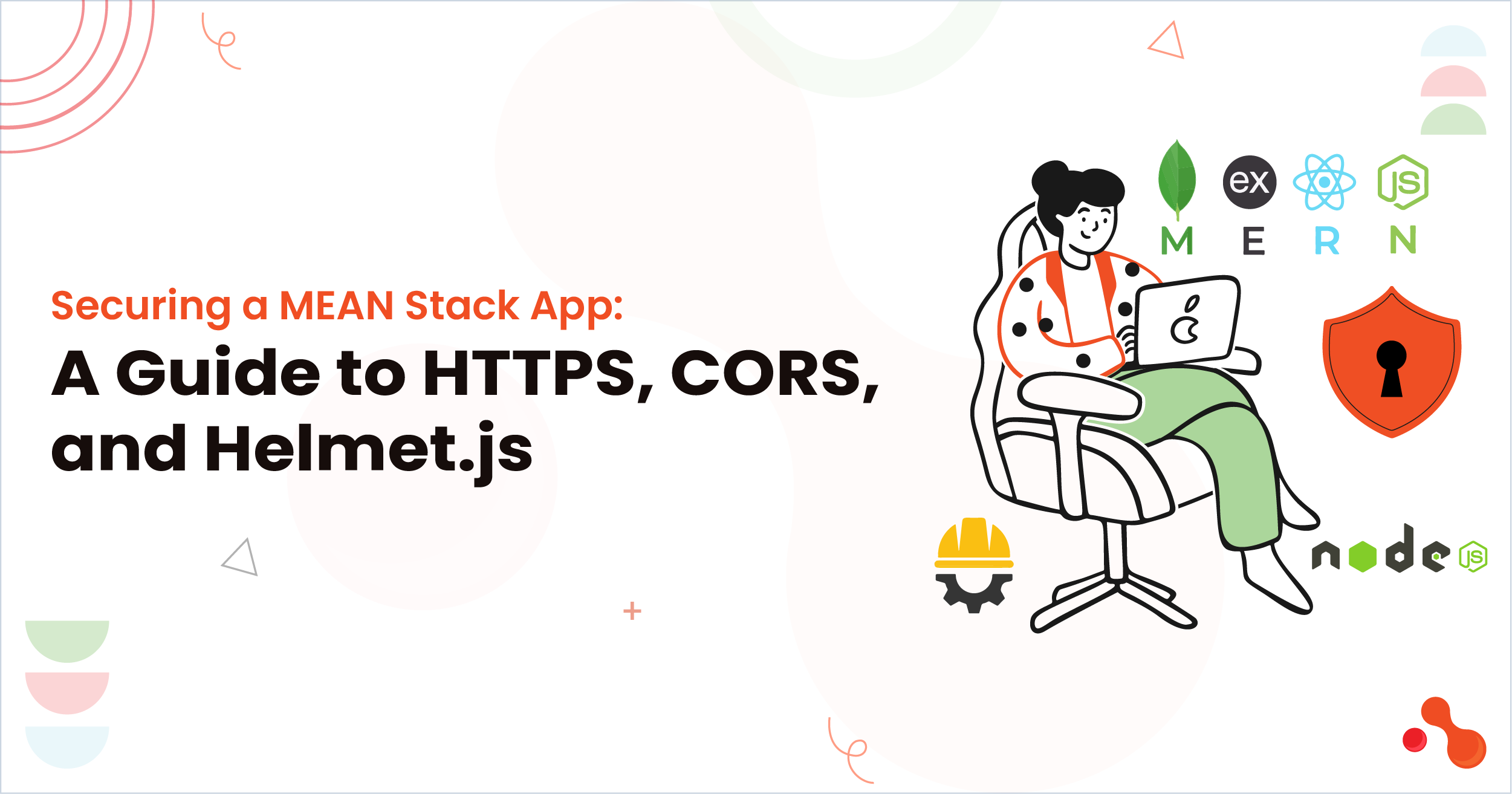In recent years, the crypto market has transformed from a niche investment realm into a global financial movement. From Bitcoin’s explosive rise to the advent of altcoins, NFTs, and DeFi platforms, digital currencies have disrupted traditional finance and opened new doors for innovation. For entrepreneurs and startups, one of the most lucrative opportunities lies in building a crypto exchange.
Cryptocurrency exchange development is more than just writing code and listing a few coins. It’s a complex process that combines finance, technology, law, security, and user experience. If you’re thinking about launching your exchange, there are some essential things you need to know before diving in.
1. Understanding the Crypto Landscape
Before you start, it’s crucial to understand the current crypto ecosystem. The space is no longer solely dominated by Bitcoin and Ethereum. There are now thousands of digital assets, each with different protocols, purposes, and volatility levels.
Furthermore, the type of exchange you build—centralized (CEX), decentralized (DEX), or hybrid—will significantly impact your operations, customer base, and revenue model.
-
Centralized Exchanges act as intermediaries and are known for speed, liquidity, and ease of use.
-
Decentralized Exchanges let users trade without intermediaries, promoting privacy and control.
-
Hybrid Exchanges aim to combine the best of both worlds.
Each model has its pros and cons, and your choice should align with your target market and long-term business goals.
2. Compliance Isn’t Optional
One of the first things entrepreneurs overlook is regulatory compliance. Cryptocurrency exchanges operate in a highly scrutinized environment. Countries differ vastly in their approach to crypto, ranging from open adoption to outright bans.
Here’s what you need to prepare for:
-
Licensing: Depending on where your exchange is based, you may need a license to operate.
-
KYC (Know Your Customer): Most jurisdictions require exchanges to verify user identities.
-
AML (Anti-Money Laundering): You must implement tools and systems to prevent illicit activity.
-
Tax Compliance: Your platform may be required to track and report taxable gains.
Working with legal advisors who specialize in fintech and crypto law is critical. A misstep here could shut down your operations before they even begin.
3. Choosing the Right Development Model
When it comes to building your exchange, you generally have three options:
a. White Label Solutions
This is a ready-made platform that you can brand as your own. It’s fast to deploy and significantly more affordable, making it a great choice for startups testing the waters.
b. Custom Development
If you want full control over features, design, scalability, and security, a custom-built exchange is the way to go. However, this route requires more time, technical expertise, and capital.
c. Open Source Platforms
These are free to use but may require deep technical knowledge to customize, secure, and maintain.
Whichever model you choose, make sure it allows for future scaling, new feature integration, and easy updates.
4. Essential Features Your Exchange Needs
Modern users expect smooth, intuitive experiences with every digital product. Your crypto exchange should be no different. Here are some must-have features:
-
User-Friendly Dashboard: Clean, responsive UI/UX to appeal to beginners and pros.
-
Multi-Currency Wallet Support: Users should be able to deposit, store, and withdraw multiple assets.
-
Robust Trading Engine: Your matching engine must process transactions quickly and accurately.
-
Liquidity Management: Low liquidity kills new exchanges. Consider partnering with liquidity providers.
-
Security Protocols: Two-factor authentication, data encryption, and cold wallet integration are essential.
-
Customer Support: Offer 24/7 multilingual support with human and AI agents.
Many startups underestimate the complexity of delivering all these features seamlessly, especially under high user traffic. Hiring an experienced crypto development team can help you avoid common pitfalls.
5. Prioritize Security from Day One
Security breaches are a constant threat in crypto. From hot wallet hacks to phishing scams and insider attacks, exchanges are frequent targets. Here’s what to keep in mind:
-
Secure Coding Practices: Use battle-tested frameworks and coding standards.
-
Penetration Testing: Hire professionals to test your system for vulnerabilities.
-
Cold Storage: Store the majority of user funds offline.
-
Insurance: Some exchanges now offer insurance for user funds to build trust.
You can’t afford to think of security as a one-time setup. It should be an ongoing, evolving part of your platform’s DNA.
6. Liquidity: The Life Force of an Exchange
Liquidity refers to how easily assets can be bought or sold on your platform without impacting the price. Without it, your exchange will struggle to attract serious traders.
To solve this, you can:
-
Integrate liquidity from larger exchanges via APIs.
-
Use market-making bots to simulate activity.
-
Offer incentives to early traders.
The more liquidity you can offer from day one, the faster your platform will gain traction.
7. Marketing & Community Building
Even the best-built exchange won’t succeed without users. Marketing in the crypto world is unique—it relies heavily on community engagement, influencer networks, and content.
Consider the following strategies:
-
Social Media & Influencer Outreach: Be present where crypto communities are active (Twitter, Telegram, Reddit, Discord).
-
Airdrops & Referral Programs: Encourage signups and platform use with free token campaigns.
-
Partnerships: Collaborate with crypto projects, influencers, or fintech startups.
-
Content Marketing: Blogs, podcasts, AMAs, and videos educate users and build trust.
Building a loyal user base takes time and consistency. Consider dedicating a separate budget for post-launch growth.
8. Monetization Strategies
How do exchanges make money?
-
Trading Fees: The most common method; users pay a percentage per trade.
-
Withdrawal/Deposit Fees: Charging small fees on certain transactions.
-
Listing Fees: Crypto projects pay to list their tokens on your platform.
-
Premium Accounts or Features: Offer tools or perks for a subscription fee.
The key is to balance profitability with user satisfaction. High fees can drive traders away, while low fees may not sustain your operations.
9. Team & Technology Partners
Your tech team will be the backbone of your exchange. Whether in-house or outsourced, make sure they have proven experience in:
-
Blockchain development
-
Backend systems and APIs
-
UI/UX design
-
Cybersecurity
-
Cloud infrastructure
Many startups choose to partner with crypto exchange development companies to streamline their roadmap. It reduces time to market and allows founders to focus on growth and strategy.
10. Realistic Budgeting & Timeline
Costs vary depending on your development approach:
-
White-label exchange: $20,000 – $60,000
-
Custom exchange: $100,000 – $500,000+
-
Timeframe: Anywhere from 2 to 12 months
Beyond development, account for ongoing expenses like legal compliance, security audits, server costs, and customer support.
Launching an exchange is not a one-time cost—it’s an evolving project that requires ongoing investment.
Final Thoughts
Starting a cryptocurrency exchange is a thrilling opportunity, but it’s not for the faint of heart. It’s a competitive space with high risks and high rewards. The road to success begins with doing your homework, assembling the right team, and making smart technical and strategic decisions.
By understanding the regulatory landscape, prioritizing security, building trust, and offering real value to your users, you’ll be better prepared to launch and scale your platform in 2025 and beyond.
Need help getting started? Partnering with the right cryptocurrency exchange development company can make all the difference, turning your idea into a secure, scalable, and profitable platform.




